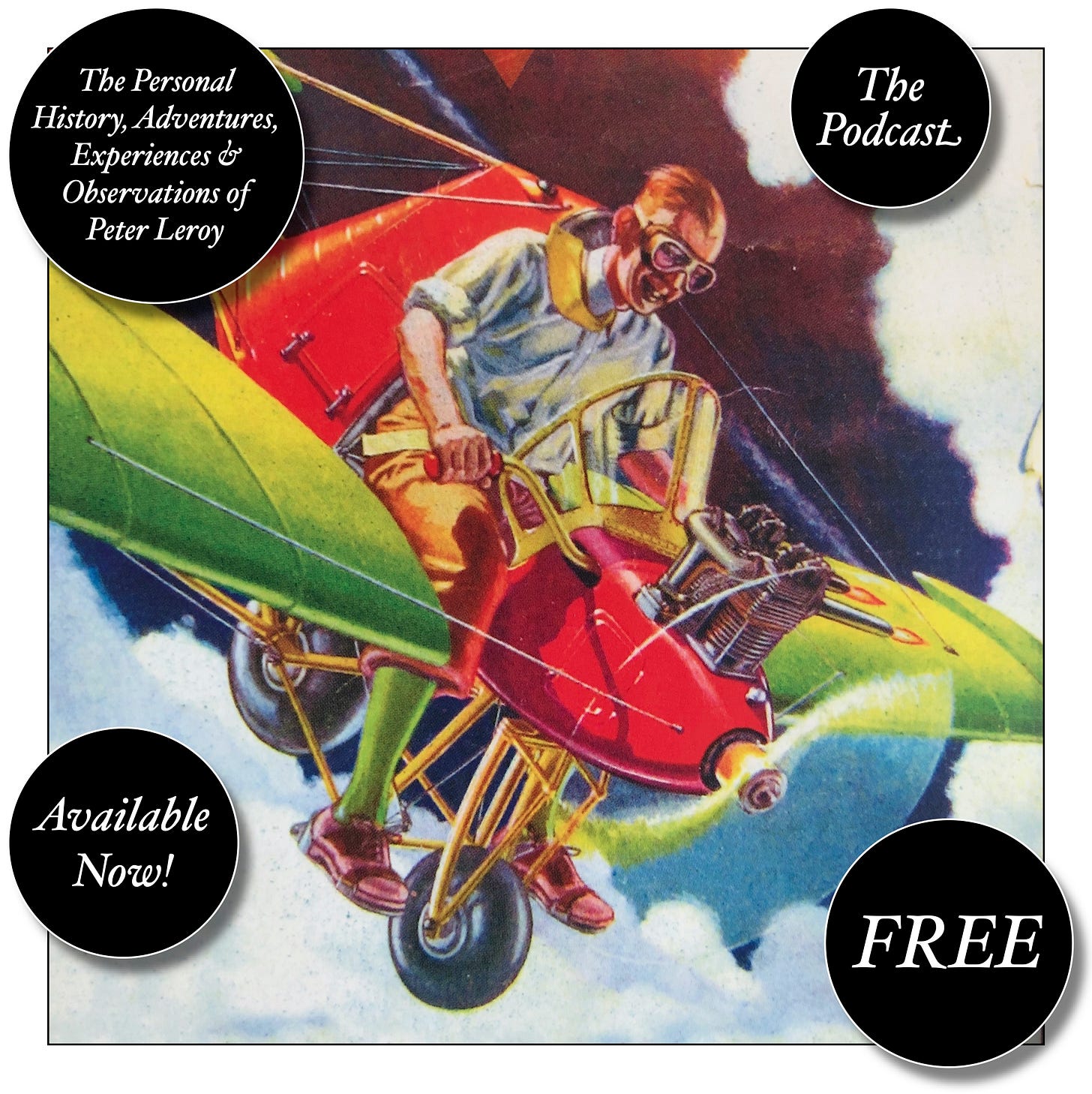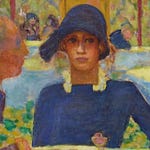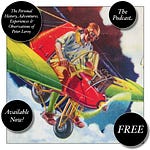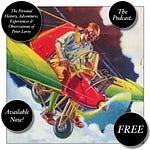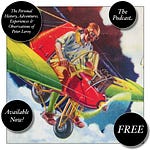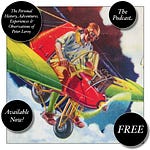3
SO I DID begin practicing at home, but it wasn’t easy. I knew that my parents weren’t going to consider rolling peas a suitable occupation for my spare time, so I tried to slip a few peas into my pocket during dinner so that I could practice alone, in my room, later in the evening. If, as a child, you ever tried to slip a few peas into your pocket during dinner, you are aware that parents regard pocketing peas with suspicion.
Only when we’re much older do we understand—not merely recognize or acknowledge but understand—that our parents were young once, too, and that they may have had their own youthful experiences with the things that occupy us, such as peas, and when that understanding does come to us at last, though it ought to forge a retrospective bond between us and our parents, it is far more likely to make us blush with the recognition that, being pea-wise already, they must have suspected exactly what we were up to with those peas and that suspicion must have been why they said, gruffly, “Don’t play with your food.” I, for example, had no idea what underpinnings of guilt and pleasure might have supported my parents’ injunction against playing with one’s food until the Glynns taught me advanced techniques and, weeks later, I learned the purpose and application of those techniques, but because I was at an age when nearly everything I did seemed to arouse my parents’ suspicions, I knew before even attempting it that removing some peas from the table wouldn’t be easy. I had thought of asking my mother for a few peas while she was cooking, before my father, the king of suspicion, came home, but when I rehearsed my asking her, I knew that she was sure to want the answer to a question beginning with why, and I knew it would be wise to be prepared with some sort of plausible answer.
The only answer I could think of that seemed likely to work involved using the peas in a science experiment, so I concocted one. It was based on the idea of feeding one group of pea plants on gibberellic acid (a metabolite of the fungus Gibberella fujikoroi) while leaving a second group undoped, as a control, and measuring the respiration of the plants to determine whether they processed carbon dioxide at different rates. I’ve always thought that if one is going to be prepared, one ought to be thoroughly prepared, so I imagined what it would be like to set the whole thing up in the cellar, under lights, and go through with it all, conduct the study, compile the results, make it appear legitimate. When I found myself making a mental list of the supplies I would need, I discovered that merely thinking it through was wearing me out. I abandoned that idea. It really did seem more than was required.
So, I was either going to have to try to slip some peas into my pocket at the table without being noticed—and almost certainly fail—or get some leftover peas from the plates during the washing up. It would have to be during the washing up.
[to be continued]
Have you missed an episode or two or several?
You can begin reading at the beginning or you can catch up by visiting the archive or consulting the index to the Topical Guide. The Substack serialization of Little Follies begins here; Herb ’n’ Lorna begins here; Reservations Recommended begins here; Where Do You Stop? begins here; What a Piece of Work I Am begins here; At Home with the Glynns begins here.
You can listen to the episodes on the Personal History podcast. Begin at the beginning or scroll through the episodes to find what you’ve missed. The Substack podcast reading of Little Follies begins here; Herb ’n’ Lorna begins here; Reservations Recommended begins here; Where Do You Stop? begins here; What a Piece of Work I Am begins here; At Home with the Glynns begins here.
You can listen to “My Mother Takes a Tumble” and “Do Clams Bite?” complete and uninterrupted as audiobooks through YouTube.
You can ensure that you never miss a future issue by getting a free subscription. (You can help support the work by choosing a paid subscription instead.)
At Apple Books you can download free eBooks of Little Follies, Herb ’n’ Lorna, Reservations Recommended, and Where Do You Stop? and What a Piece of Work I Am.
You’ll find overviews of the entire work in An Introduction to The Personal History, Adventures, Experiences & Observations of Peter Leroy (a pdf document), The Origin Story (here on substack), Between the Lines (a video, here on Substack), and at Encyclopedia.com.



